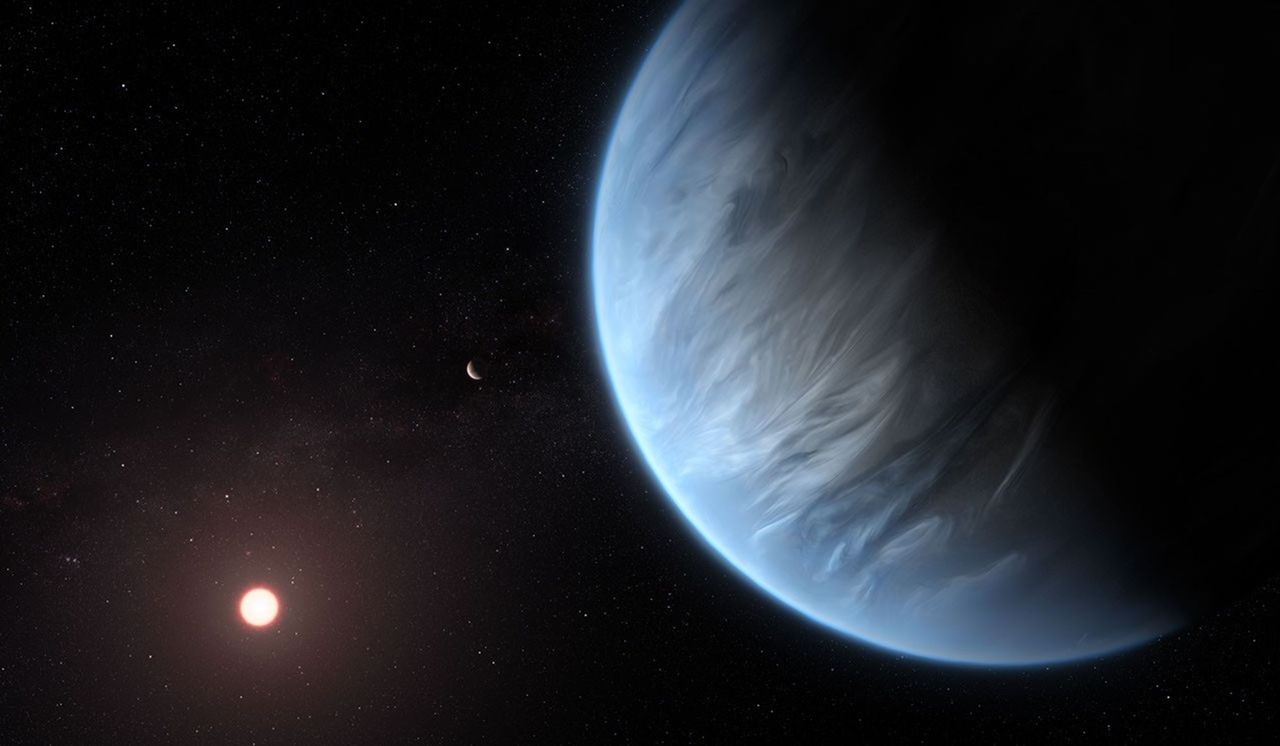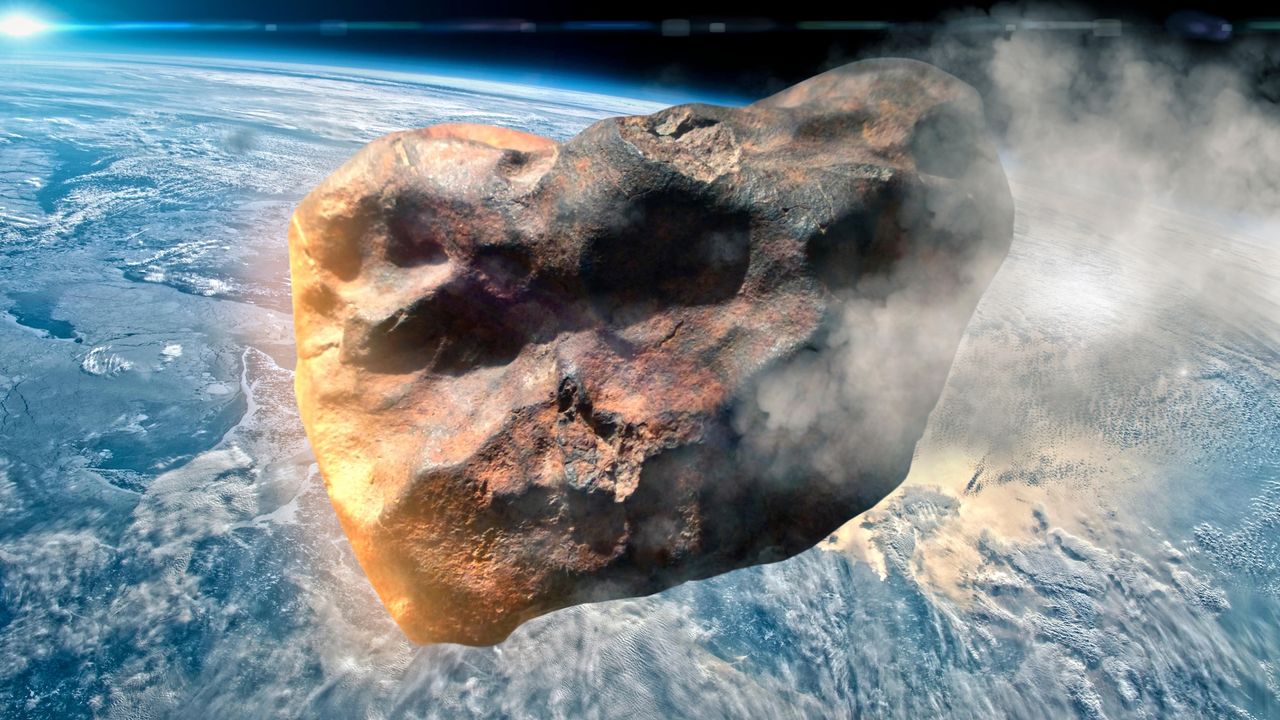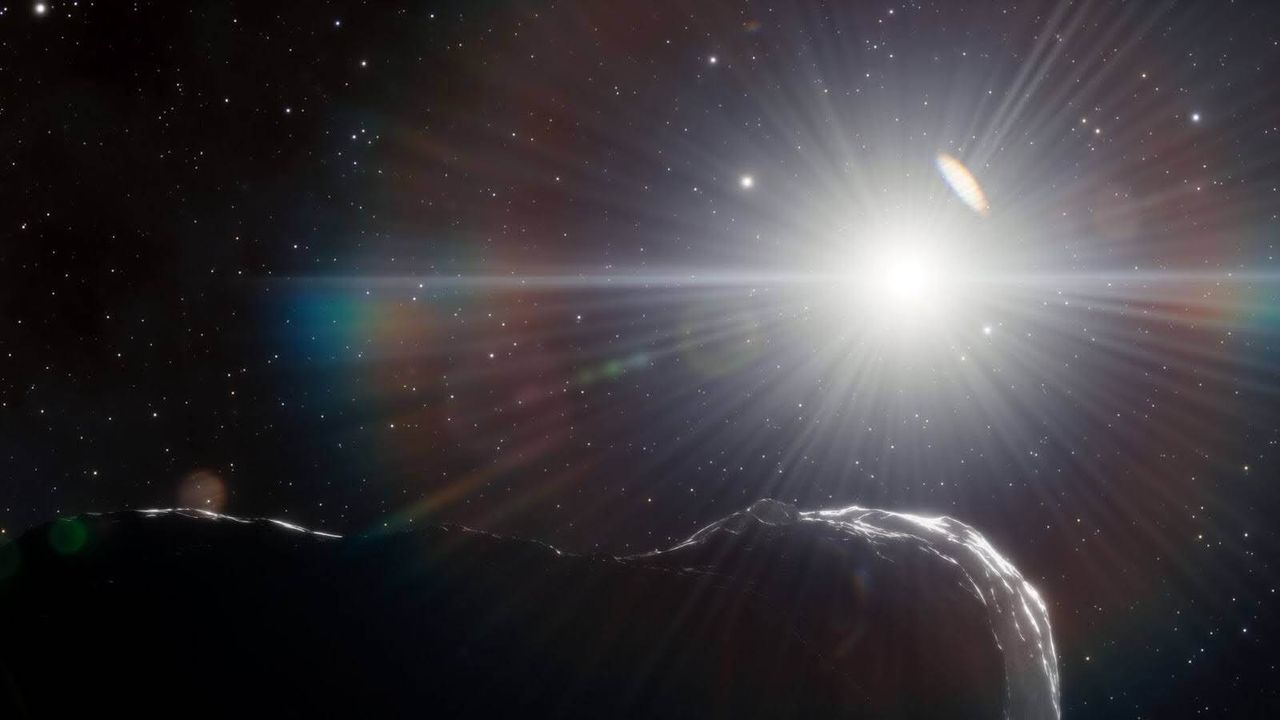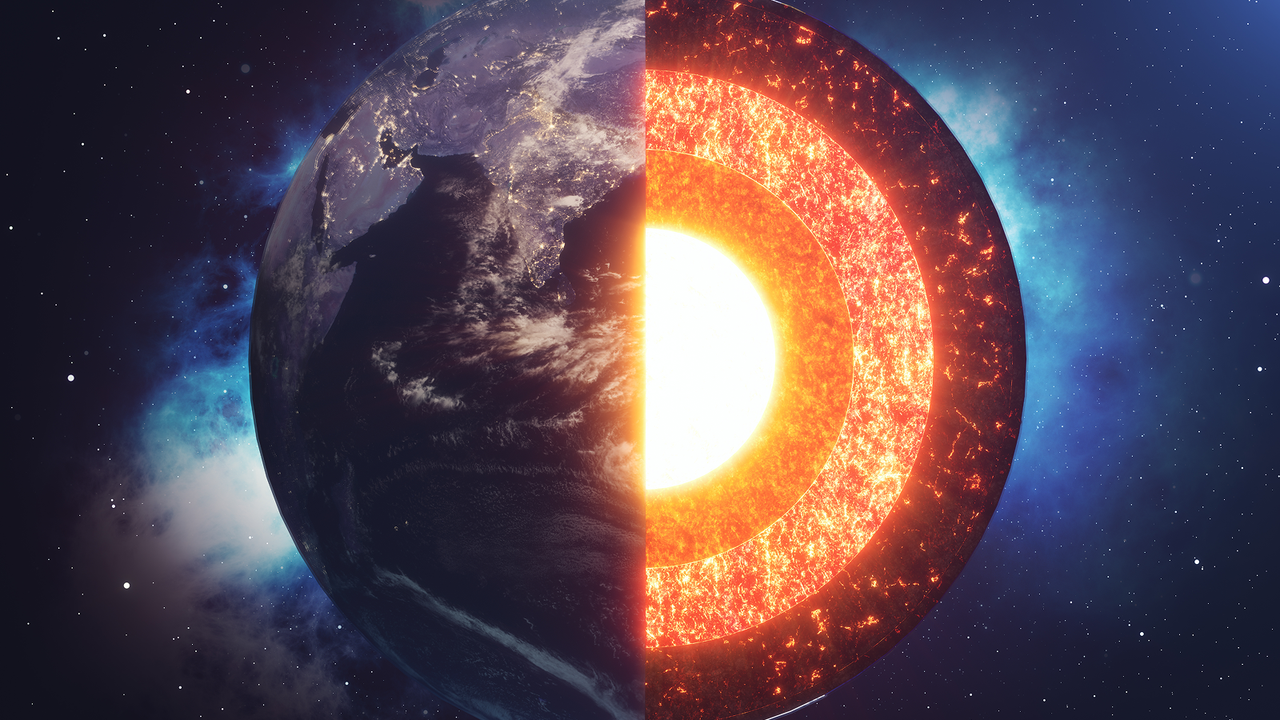Is our dream of finding ocean-covered exoplanets drying up?
NeutralScience

Recent simulations indicate that sub-Neptune exoplanets might be drier than previously believed, which poses a challenge to the long-held 'water world' hypothesis. This finding is significant as it could reshape our approach to searching for extraterrestrial life, prompting scientists to reconsider which planets might actually harbor the conditions necessary for life.
— Curated by the World Pulse Now AI Editorial System








